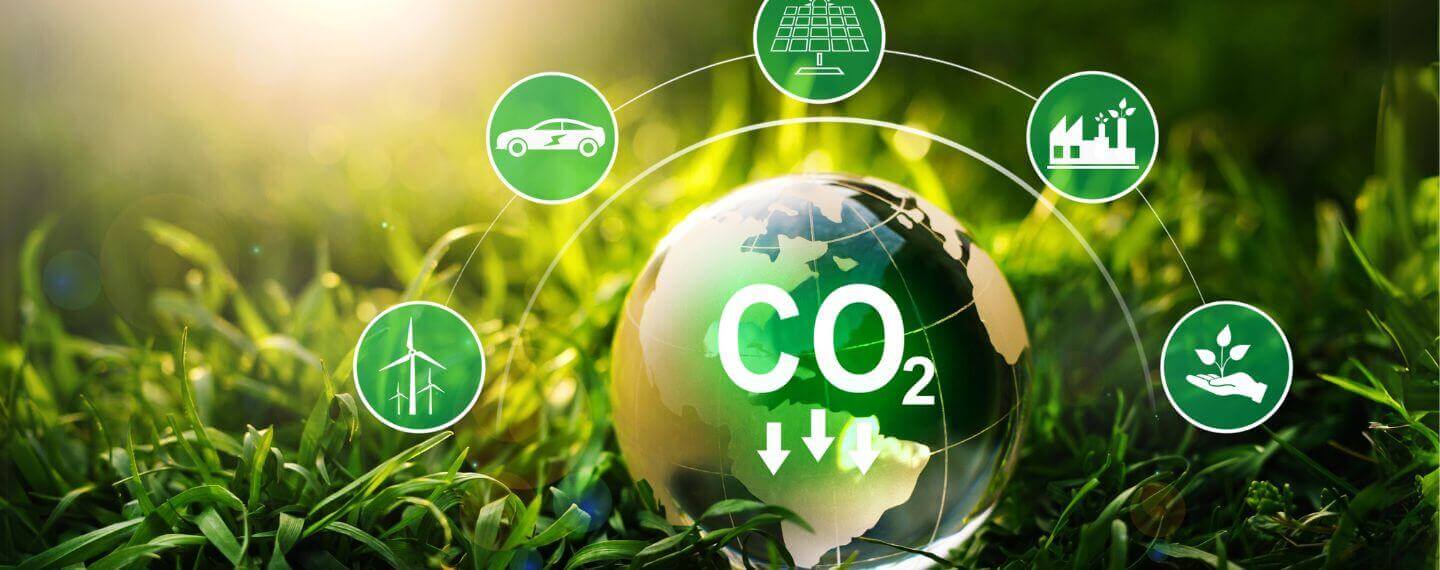You are currently viewing the James Walker Australia & New Zealand website. Click here to view the Global website.
You are currently viewing the James Walker Australia & New Zealand website. Click here to view the Global website.

Effective sealing in carbon capture, utilisation and storage (CCUS) applications.
Effective sealing in carbon capture, utilisation and storage (CCUS) applications.
Carbon capture, utilisation and storage (CCUS) technologies are an important part of the decarbonisation of the global energy system as we proceed towards net zero. Capturing, storing, transporting and sealing CO2 presents a unique set of challenges, requiring selection of the right materials and products in order to improve reliability, safety and service life whilst reducing maintenance and repair costs, and improving overall system performance.
Although not unique, CO2 does have some interesting properties that can present sealing challenges for polymeric materials such as elastomers.
At relatively low temperatures and pressures (31°C [88°F], 74 Bar [1070 psi]) Pressurised carbon dioxide can enter what is known as a supercritical phase, in which it demonstrates properties midway between a gas and a liquid.
This transition from a gaseous fluid to a supercritical phase means supercritical carbon dioxide (scCO2) becomes a far more challenging fluid to seal, due to a significant change in solubility and a big change in fluid volume due to the phase change.
Some elastomers can become prone to swelling, others may have elements leached out by contact with supercritical CO2, whilst in instances where high levels of saturation occur, there is a significant risk of some elastomeric seal materials failing due to rapid gas decompression (RGD) when CO2 changes phase from supercritical to gas as pressure is reduced.
While some of these challenges are significant, James Walker has extensive experience of supporting applications where high levels of carbon dioxide are present.
Our elastomer material Vermilion Four has been RGD tested in high levels of CO2 and at elevated temperatures with excellent results, whilst Vermilion Two has been accepted by operators of a major European carbon capture project having been evaluated at a third party laboratory under stringent test conditions.
These tests, along with a comprehensive set of supporting data across a range of compounds, gives us the confidence that we can offer evidence-supported sealing recommendations for carbon capture utilisation & storage applications involving gaseous and supercritical carbon dioxide.
When selecting products for specific application, please review each product’s capabilities against the specific working conditions of your application or provide the details to JW for suitable product selection.
Want to discuss your project, engineering or materials challenge expert to expert? Simply provide us with your contact details and a little information about the application you are working on, and one of our experts will contact you as soon as possible.